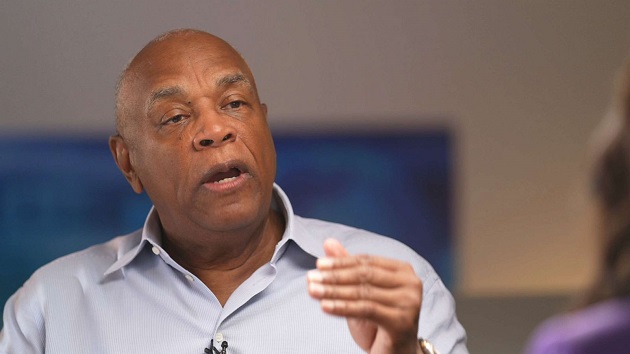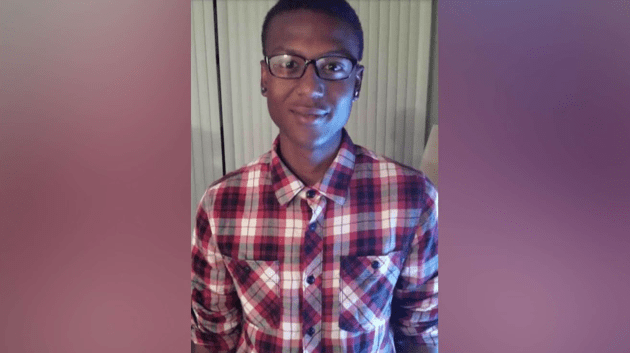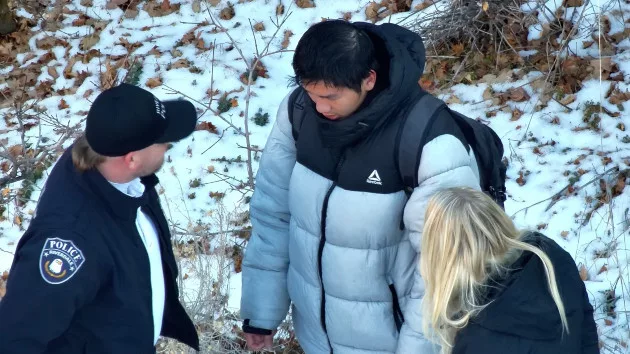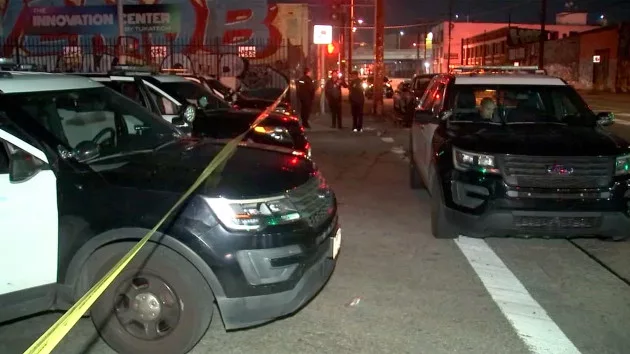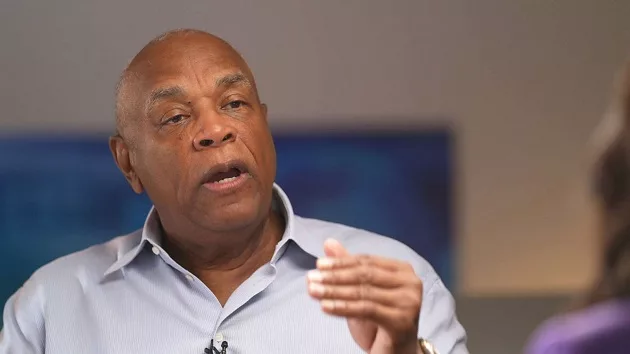
(WASHINGTON) — Sixty years ago, thousands gathered on the National Mall in Washington, DC, to advocate for the civil and economic rights of Black people.
“250,000 people came to Washington, DC. They came together to say, enough is enough. We are sick and tired of being sick and tired,” Courtland Cox, who was just 22 years old in 1963 when he decided to help organize the historic March on Washington, told ABC News.
Cox, now 82, says he and his peers were dedicated to a cause.
“That is the success of the March on Washington, the people coming together to make a statement to the nation about the way we were being treated in terms of racial and economic exploitation,” he added.
Cox was a founder of the Student Nonviolent Coordinating Committee, SNCC, a civil rights organization in the 1960s.
“I think one of the things that was most impressive to me, as a young person, both in terms of my peer group and the people I worked with, is that they were determined to make the change,” Cox said.
Cox says it took roughly eight weeks to arrange the demonstration, as civil rights leaders including Bayard Rustin, Whitney Young and the Rev. Martin Luther King Jr. strategized the order of events.
“I was part of the discussions about how the march would go, and what would happen and who would speak and who would not speak. I was privileged to be involved in the organizing of the march and seeing the results of it,” Cox said.
While August 28’s March on Washington is considered a historical moment during the civil rights movement, much of America today remembers the Rev. Martin Luther King Jr.’s “I Have a Dream” speech.
In that historic speech, King confronts the bedrock of the nation’s values, including racism and what it held for his own children. “I have a dream that my four little children will one day live in a nation where they will not be judged by the color of their skin but by the content of their character,” King said.
King’s kids are continuing his legacy in the present day, and they believe the country still has far to go.
“Mom and Dad talked about eradicating the triple evils of poverty, racism and violence,” Martin Luther King III told ABC News. “The 60th anniversary is not a commemoration but a continuation of fighting racial inequalities,” he added.
“Daddy was an expert at how to use the King’s English in speaking the truth. He had the healing balm in his tongue,” Bernice King, CEO of The King Center, said. “The dream lives, the legacy continues; there’s still a movement that’s needed.”
“I thought that it was a very important speech, because it gave, it put forth the aspiration and hope,” Cox added. “I think that particularly, for that was the message that the people who were there needed: if we continue the struggle, we will make the difference.”
Reflecting back, Cox says the moment and the movement were a tremendous success.
“It’s one of the grandest things I’ve ever done in my life; to see the sea of humanity of people who were being oppressed and being brutalized, come to the nation and say, ‘No, we need to stop this’ was very important.”
Although the nation has seen resistance in recent years, Cox says he feels ‘reenergized’ thinking about the next generation continuing the fight for freedom and liberty for all.
“At some point, the civil rights movement may be over. But the right for human rights will not be over. I don’t think that will ever end.”
Copyright © 2023, ABC Audio. All rights reserved.


